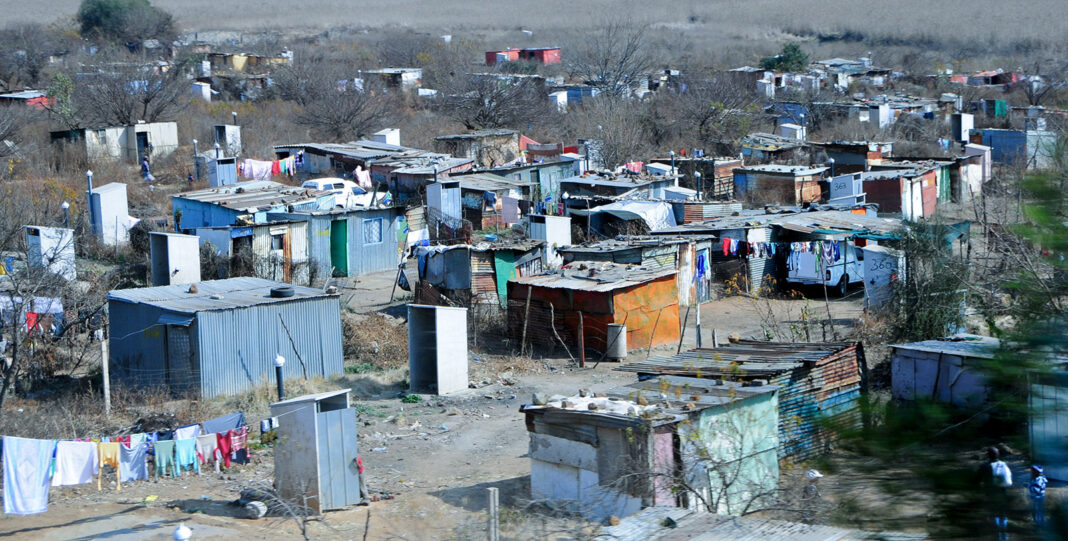By Alicia Mmashakana
THE EFF said the recent HSRC study on the plight of rural communities is a confirmation that the poor in farming or agricultural communities have been ignored with apartheid era disparities of race, gender and class still deeply entrenched in society.
The party on Wednesday responded to the Human Sciences Research Council (HSRC) report which found that 60% of households in rural or farming communities are living below the poverty line and called for interventions to address widespread hunger and malnutrition in South Africa.
The HSCR study was commissioned by Tshintsha Amakhaya – a Cape Town-based national alliance of NGOs working in solidarity with social movements to advance land, water and food justice.
“The so-called rural and agrarian transformation is a facade, with farmworkers and farm dwellers enduring relentless exploitation. This means that for 30-years, the African National Congress (ANC) has reduced rural communities to ‘voting cattle’,” read the EFF statement.
The EFF also claimed that, despite the National Food and Nutrition Security Plan Programme, which aims to improve food security and reduce malnutrition, these crises persist, highlighting systemic failures in meeting the needs of the most vulnerable.
To compound the crisis, existing interventions have been either inadequate or corruptly mismanaged by the ANC.
“Last year, the R2.1 Billion Kwa-Zulu Natal school nutrition programme served corruption instead of nutritional food to 5 400 schools, literally stealing food out of the mouths of starving children.
“This is yet another blatant display of the ANC’s contempt for the children of this nation, fueled by their insatiable greed and utter disregard for the future of South Africa,” EFF said.
Spokesperson Leigh-Ann Mathys said agriculture has historically played a key role in revitalising rural communities.
“(But) White supremacists now control the Department of Agriculture, worsening the situation. Helen Zille, the leader of the DA, has claimed that black people in KwaZulu-Natal are lazy and squatting on fertile land, while the Western Cape is more successful.”
There has been no significant investment in black and African farmers, or small-scale farmers, comparable to the subsidies and markets established for white farmers during colonialism and apartheid, Mathys said.
While white farmers thrived under state support, black farmers have been systematically excluded from the system, unable even to access the markets that were previously created for their white counterparts.
The HSRC’s findings also revealed that the majority of smallholder (small-scale farmer) households combine farming with other income-generating and livelihood activities.
While current state and private sector efforts to support small-scale black (African) farmers are insufficient and unlikely to benefit the majority of these farmers.
According to StatsSA’s latest report, as of 2024, around 18.3 million South Africans are living below the poverty line.
INSIDE POLITICS

